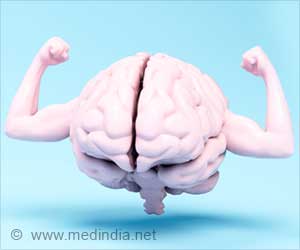- A total of 41,000 eight-year-old children were studied in order to establish a link between obesity and children’s mood
- A child’s BMI may have little or no effect on their mood and anxiety //
- Interventions to improve children’s anxiety and behavior by maintaining their weight may not prove to be helpful
BMI and Mental Health Link Among Children
Obese children are more likely to have depression, anxiety, or attention deficit hyperactivity disorder (ADHD). However, the nature of the link between obesity and certain mental health disorders is unclear. Obesity may exacerbate mental health issues or vice versa. Alternatively, a youngster’s environment may contribute to both obesity and mental and behavioral issues.Hughes and colleagues looked at genetic and mental health data from 41,000 eight-year-old children and their parents from the Norwegian Mother, Father, and Child Cohort Study and the Norwegian Medical Birth Registry.
They examined the association between children’s body mass index (BMI)—a weight-to-height ratio—and symptoms of depression, anxiety, and ADHD. They also took parental genetics and BMI into consideration to help isolate the effects of the children’s heredity from the influence of other factors that affect the entire family. The situation is unclear. Obesity may exacerbate mental health issues or vice versa. Alternatively, a youngster’s environment may contribute to both obesity and mental and behavioral issues.
The study discovered that a child’s BMI did not affect their anxiety levels. In addition, there was inconsistent research regarding whether a child’s BMI influenced their depression or ADHD symptoms.
“At least for this age group, the impact of a child’s own BMI appears small. For older children and adolescents, it could be more important,” says Neil Davies, Professor at University College London, UK.
“Overall, the influence of a parent’s BMI on a child’s mental health seems to be limited. As a result, interventions to reduce parents’ BMIs are unlikely to have widespread benefits for children’s mental health,” says Alexandra Havdahl, Research Professor at the Norwegian Institute of Public Health, Norway.
Source-Medindia















